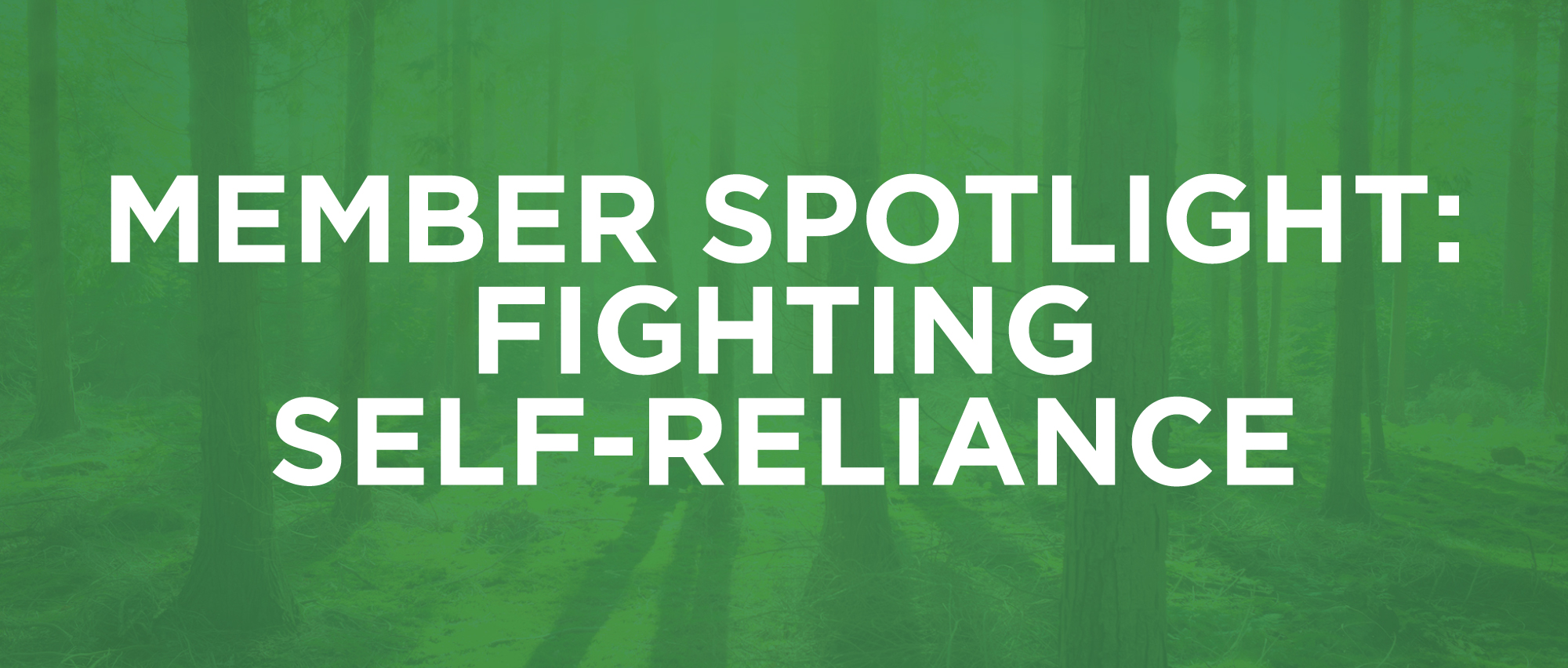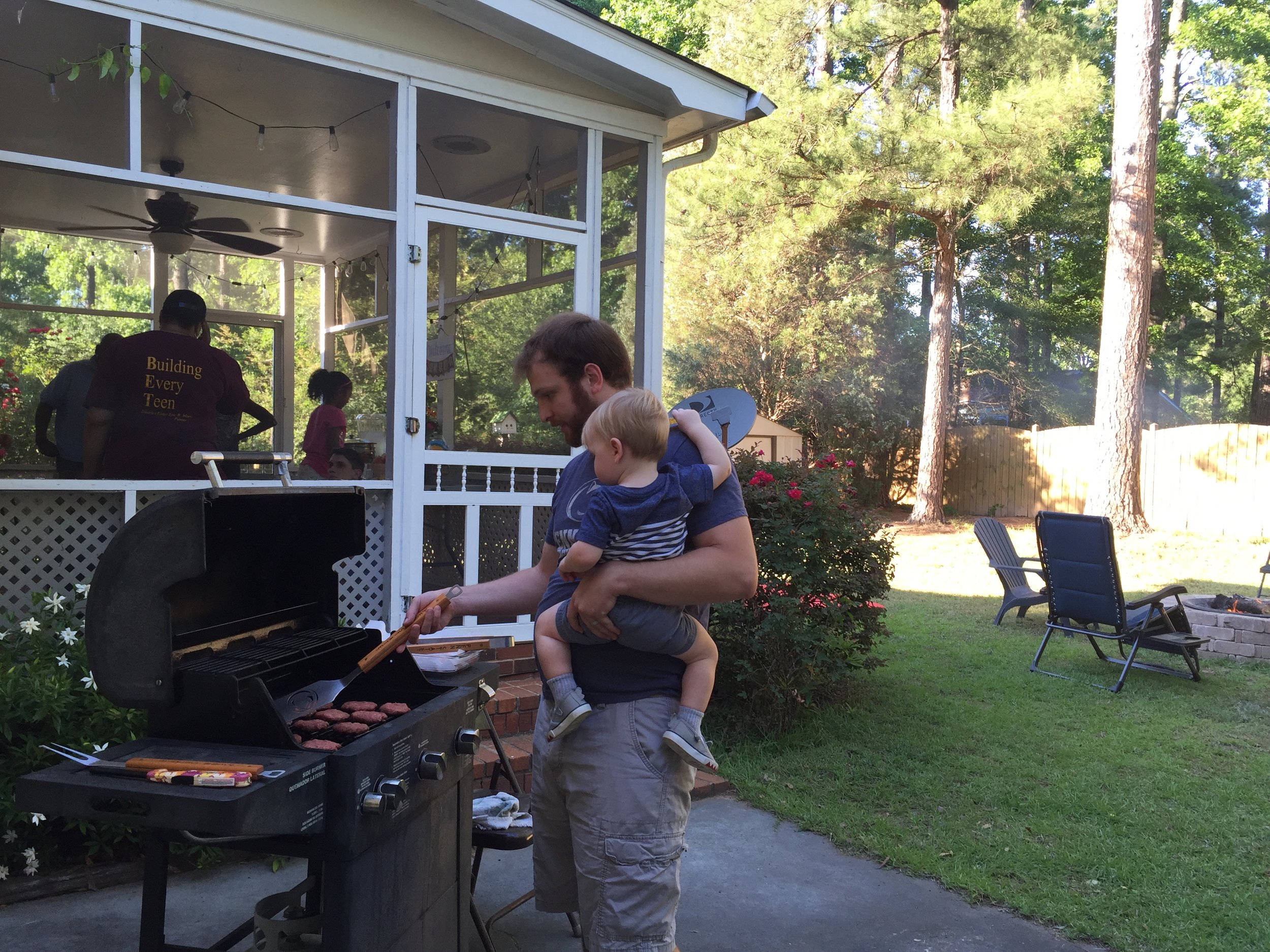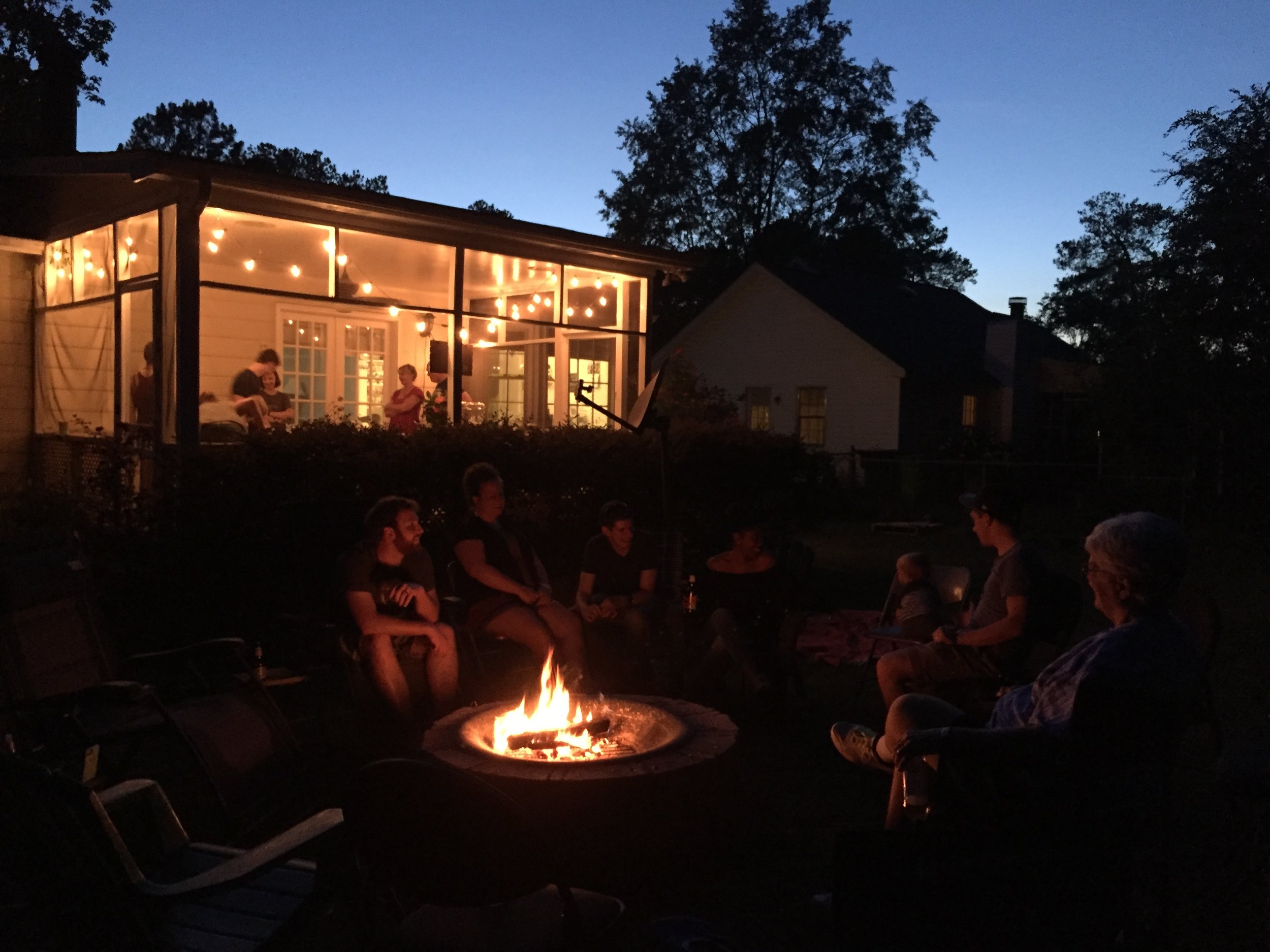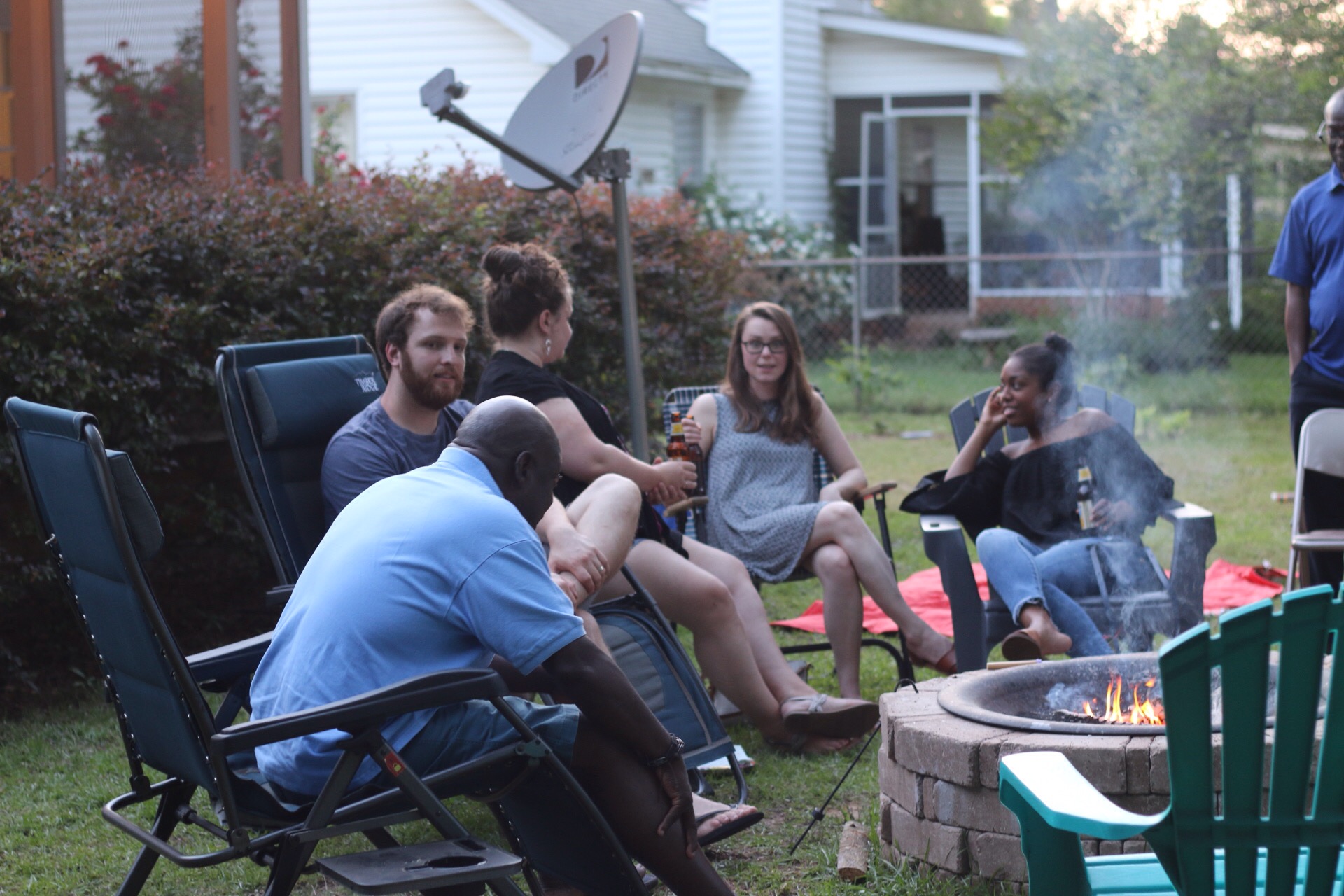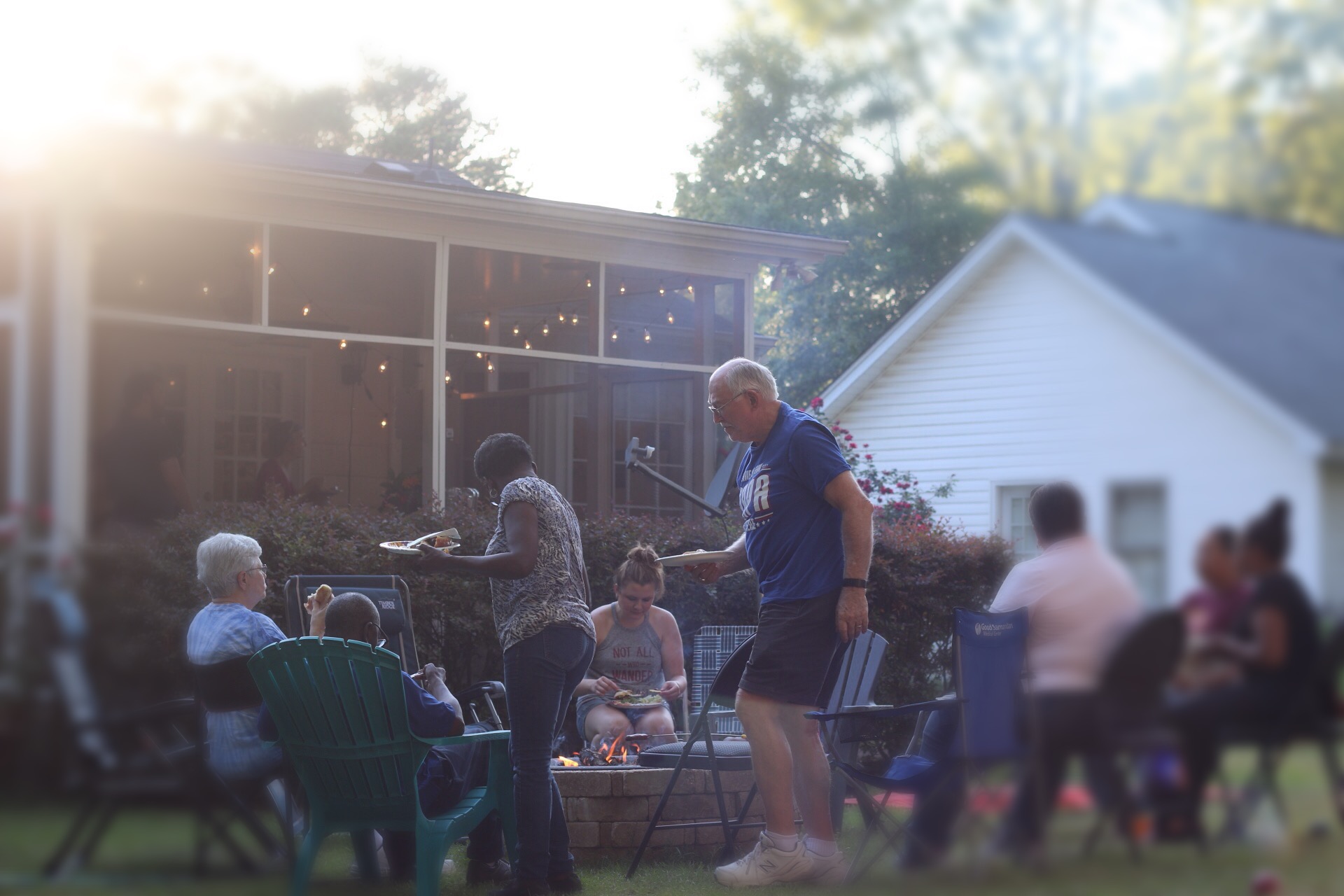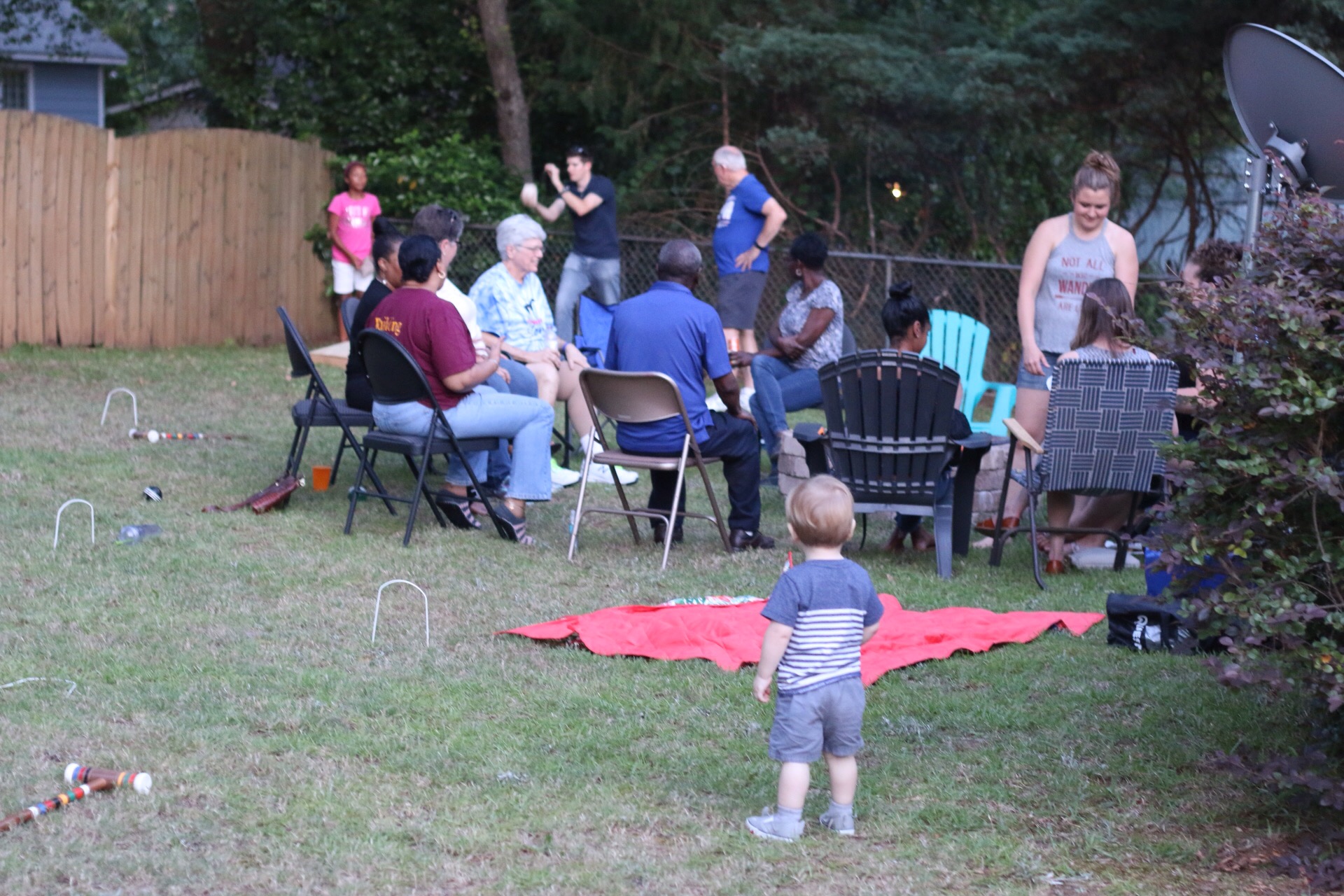Throughout our “Personal Liturgy” series, we’re interviewing members of our church family to hear how they are impacted and actively fighting against the “joy killers” in their lives. This week, we hear from Matthew Travis, a college senior and member of our Business Council, as he shares with us how his fight against cynicism looks like in light of the gospel.
How does cynicism show up in your life?
Cynicism shows up in my life when I focus on myself and my struggles, rather than on Jesus. This specifically looks like praying for something and then moving on with my day without being attentive to how God might be at work in my day. Then, when the prayer is answered, I think, “that probably would have happened anyway.”
A large part of it is also fear - I tend to shy away from things that scare me. I think I will be my best protector because I have my best interest in mind. In those moments, I fail to realize that the Lord loves me so much that He gave His only Son to redeem me into His own family. He loves me better than I ever could imagine, which means verses like Psalm 27:1 can reassure me that I can live fearless because the Lord is my God and my Protector.
A very real example of cynicism in me is in seeking to be in a relationship simply to avoid being single. Until recently, I had not been aware of how much weight I was giving to finding someone to date. I thought I had to take the situation into my own hands because God obviously didn’t want the best for me. So for years, I had so much anxiety about being single and knew that I was the one to blame, because the situation was, in my eyes, dependent on me. This is cynicism - not trusting that God is working in my life or believing that He has a beautiful, abundant plan for me.
Where have you seen personal growth or victory in this area?
I have seen growth in overcoming my sin of cynicism by being upfront and honest with people in my LifeGroup. It has been a huge relief to be able to go to the guys in my group and tell them how real this struggle is. They speak gospel-truth over me and reassure me that God is moving and working in my life and that He has not overlooked me.
Since starting to use the Personal Liturgy app back in January, I have begun to notice cynicism in my life. It has made me aware of how much I tend to doubt God’s presence in my life and His active movement in my circumstances. Without the app’s daily encouragement to think through my thoughts, emotions, and feelings towards God, I probably would not have noticed this sin in my life as something that needs to be addressed.
How has your understanding of the gospel specifically impacted how you deal with cynicism?
Cynicism attempts to attack my identity in Christ and tries to tell me that the truth of the good news of Jesus does not apply to me. The gospel shows me that because of Immanuel, God is always with me and never leaves me or forsakes me. Jesus gave me the Holy Spirit when I became a believer and assures me that because of His love, I never have to be insecure ever again about whether or not He is active in my life. This is the confidence the gospel gives me.
What are practical steps or habits you practice to fight cynicism in your life? Have there been any scriptures, books or teachings/sermons that have been particularly helpful as you have dealt with cynicism in your life?
Honestly, the best tool for me to fight cynicism in my life has been to turn to Scripture and read the truth about how the Lord loves me personally and how He will never leave me. He is faithful. When I am not faithful, He is still faithful. It’s beautiful to know that the Lord’s faithfulness is not dependent on me.
- Hebrews 13:5-6 has really helped me. This references Psalm 118:6 which states that since the Lord is on my side, I have no fear. Hebrews 13:5-6 says that the Lord is not only on our side, He is our Helper!
- Exodus 3:12 says that the Lord Himself will be with us.
- Deuteronomy 31:8 says that the Lord Himself will be with us. He will go before us and not leave us nor forsake us.
One important characteristic about cynicism that has been hard for me to understand and grow in is that the presence of cynicism doesn’t depend on how much I know. Simply knowing Bible verses and being able to recite them is not enough. I am fighting to live in light of these verses, instead of just knowing them in my head. This takes active, pleading prayer to God for help to make these verses change the way I live in light of the gospel.
What encouragement would you offer to others in our church family as they seek to fight cynicism in their lives?
If you notice yourself leaning towards cynicism in your life when you think about God, I would strongly encourage you not to try to hide this from other people, or quite frankly, from yourself. Being open and honest with personal struggles is a healthy way to live life. I think it is really easy to say that doubting God is normal and everyone has those thoughts, when in reality, God desires for us to talk about those thoughts and believe in Him more and love Him more as a result of those conversations. Please don’t miss the beauty and the power of other believers encouraging you through your sin and struggles (Hebrews 3:12-13).
I would also say that there is joy in remembering that the Lord is sovereign over all things, including cynicism in your life, which means we can now approach every situation, no matter how hard, frustrating, or seemingly impossible they are, with hope. This hope in Jesus that He has conquered the grave and our sin allows us to fight cynicism in the grace that He has already provided for us. This is good news!


